Understanding the Single Phase Pad Mounted Transformer: A Key Component in Modern Power Distribution
Single-phase pad-mounted transformers are a mainstay in modern power distribution networks, delivering dependable and efficient electricity to homes, businesses, and light industrial facilities. Their compact yet robust design, housed in tamper-resistant casings, ensures safe, long-lasting operation even in challenging terrains.
What is a Single Phase Pad Mounted Transformer?
A single-phase Mounted Transformer is a type of distribution transformer installed at ground level on a concrete pad. It is designed for use in underground power distribution systems, converting medium-voltage (typically 15kV, 25kV, or 35kV) input to low-voltage output (e.g., 120/240V) suitable for end-users.
Key characteristics include:
- Single-phase power supply (ideal for residential and small commercial loads)
- Pad-mounted design: Enclosed in a sealed, weatherproof steel cabinet
- Tamper-resistant features for public safety
- Oil-filled or dry-type insulation, depending on the application
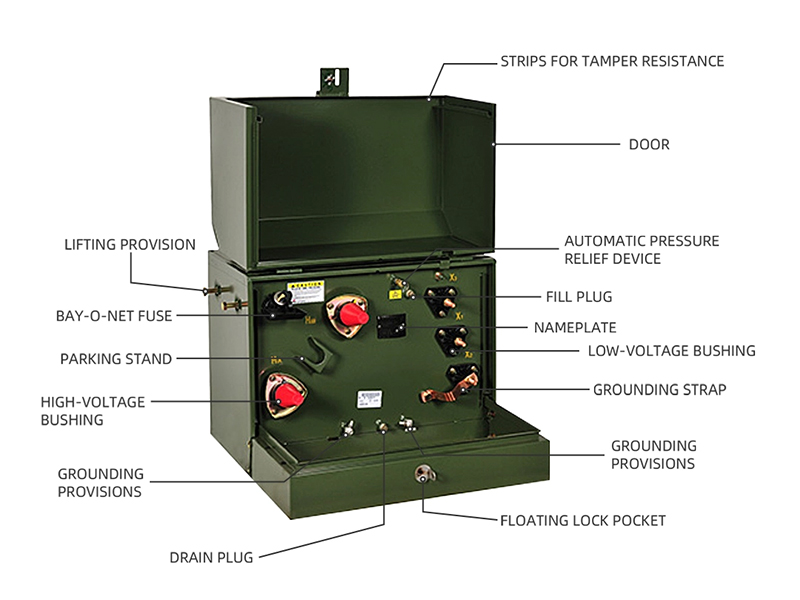
Main Components
A single-phase pad-mounted transformer generally includes the following components:
- High Voltage Bushings – For incoming medium-voltage connections
- Low Voltage Bushings – For outgoing low-voltage service
- Core and Coil Assembly – Where the electromagnetic induction occurs
- Tap Changer (optional) – For adjusting the output voltage
- Protective Enclosure – Lockable, weather-resistant, and corrosion-proof
- Cooling Medium – Typically mineral oil or FR3 fluid for heat dissipation
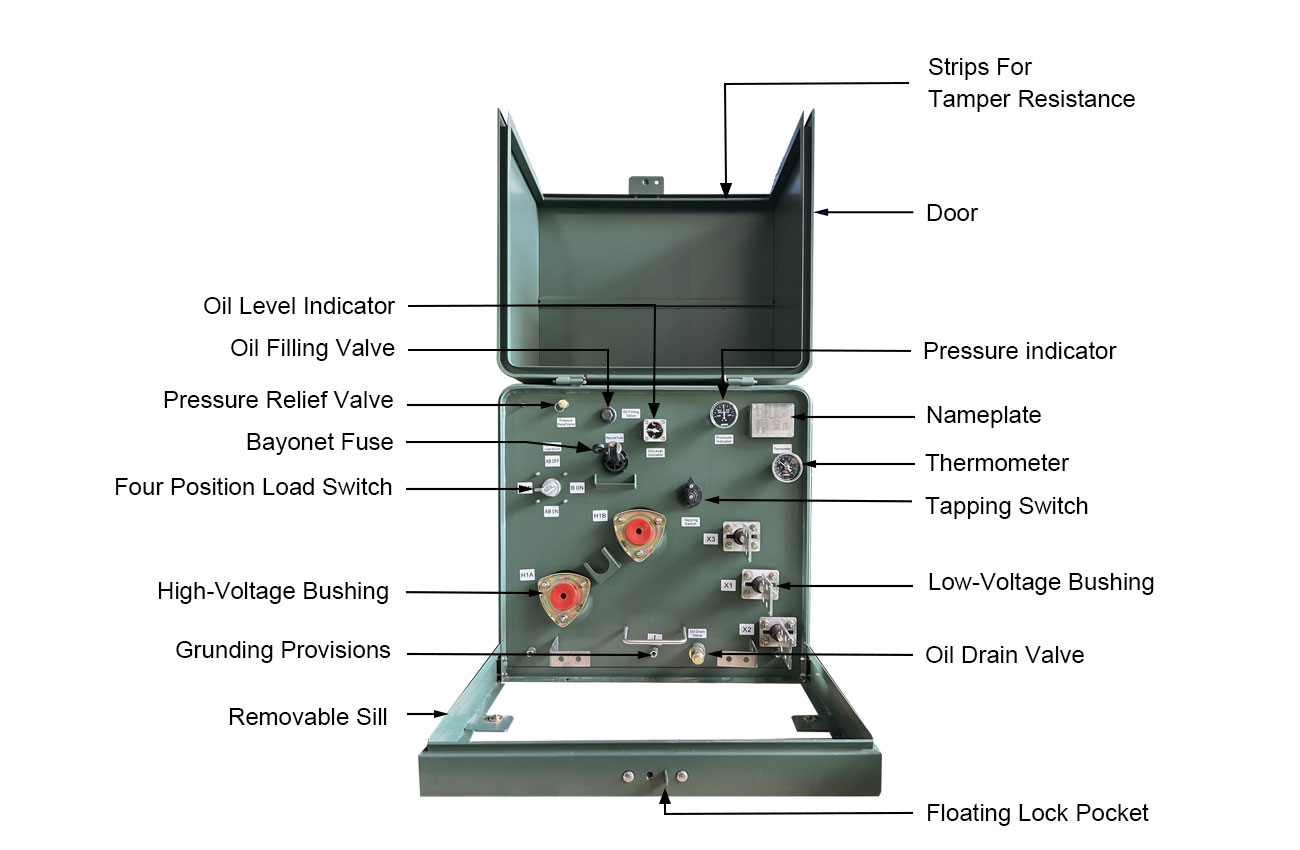
How It Works
The working principle of a single-phase Mounted Transformer is based on Faraday’s Law of Electromagnetic Induction. It steps down the voltage from the medium-voltage grid to a usable low-voltage level, ensuring power is delivered safely and efficiently to consumers.
Step-by-Step Operation:
- Medium-voltage electricity enters through high-voltage bushings.
- The magnetic core induces a voltage in the secondary winding based on the turns ratio.
- The stepped-down low voltage exits through the low-voltage terminals.
- Protection devices within the unit guard against overcurrent and short circuits.
Applications
Single-phase pad-mounted transformers are used in a wide range of scenarios, including:
- Residential neighborhoods
- Light commercial complexes
- Rural distribution systems
- Subdivisions and housing developments
- Mobile home parks and schools
They are especially suited to areas where overhead lines are undesirable, either due to environmental concerns, safety requirements, or aesthetic reasons.
Advantages
🔒 Enhanced Safety
The enclosed, pad-mounted design minimizes risk to the public and reduces exposure to live components.
🌧️ Weather and Tamper Resistant
The cabinet is built to withstand harsh outdoor environments and deter unauthorized access.
🛠️ Low Maintenance
With proper installation, single-phase pad-mounted transformers can operate reliably with minimal maintenance.
🔌 Efficient and Quiet
Designed for low loss and low noise levels, suitable for urban or residential installations.
⚙️ Flexible Configuration
Available in various kVA ratings (typically 10–167 kVA) and voltage configurations to match local utility standards.
Specifications to Consider
When selecting a single-phase pad-mounted transformer, consider the following technical specifications:
- kVA rating – Determines load-handling capacity
- Primary and secondary voltages – Must match the utility and customer requirements
- Impedance – Affects fault current and voltage regulation
- Insulation fluid type – Mineral oil vs. biodegradable fluids like FR3
- BIL (Basic Insulation Level) – To withstand lightning and switching surges
- Cooling method – ONAN (Oil Natural Air Natural) is the most common
Pad Mounted Transformer Installation and Safety Guidelines
Proper installation is critical for the performance and longevity of the transformer:
- Place on a level concrete pad with adequate drainage
- Ensure proper grounding and bonding
- Maintain clearance zones for safety and accessibility
- Follow NEMA, IEEE, and utility standards
- Periodically inspect for leaks, corrosion, or insulation degradation
Single Phase vs. Three Phase Pad Mounted Transformers
|
Feature |
Single Phase |
Three Phase |
|
Load Type |
Residential / Light Commercial |
Industrial / Commercial |
|
Complexity |
Simple |
More complex |
|
Installation Cost |
Lower |
Higher |
|
Size |
Compact |
Larger footprint |
If you're working with low to moderate load requirements, a single-phase Mounted Transformer offers a cost-effective and space-efficient solution.
In conclusion, the Single Phase Pad Mounted Transformer remains a cornerstone of modern medium-voltage underground distribution systems. Its robust, safe, and low-maintenance design makes it ideal for a variety of residential and commercial applications. For electrical professionals seeking efficiency, reliability, and ease of installation, this transformer is a trusted choice in the field.

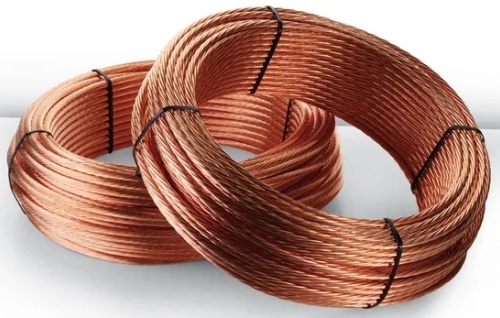
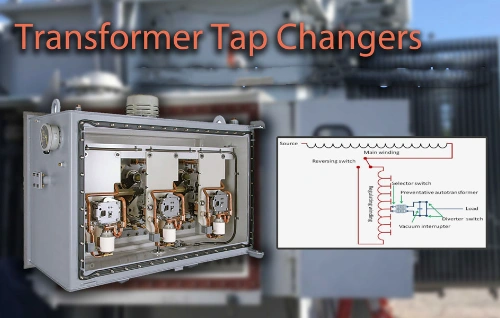
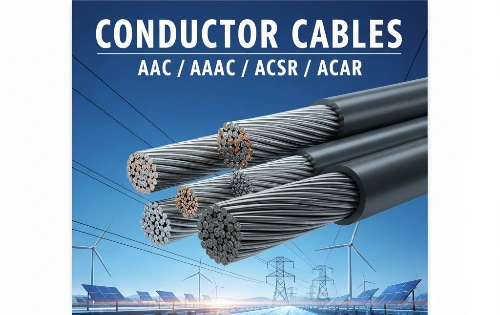
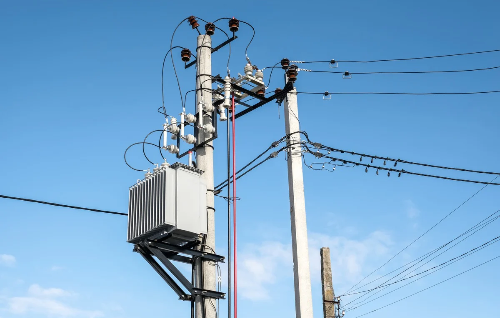
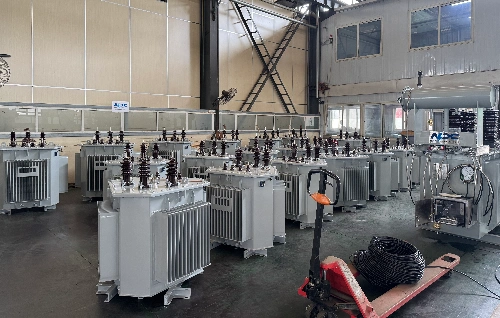
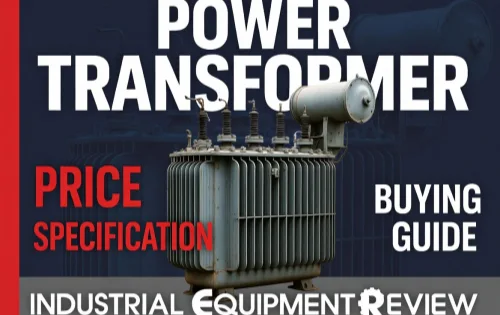
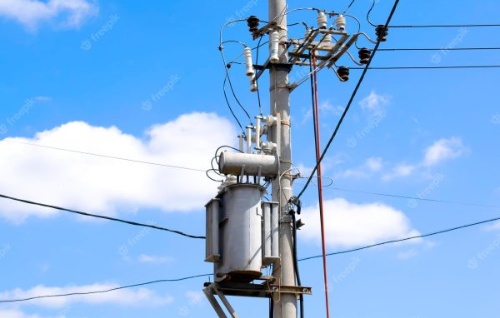
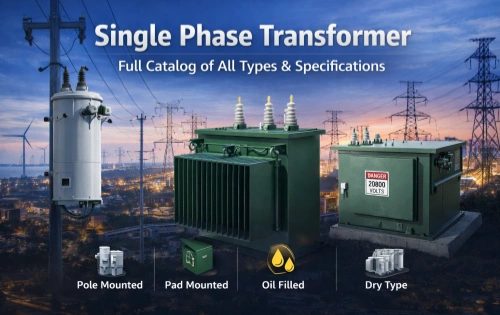
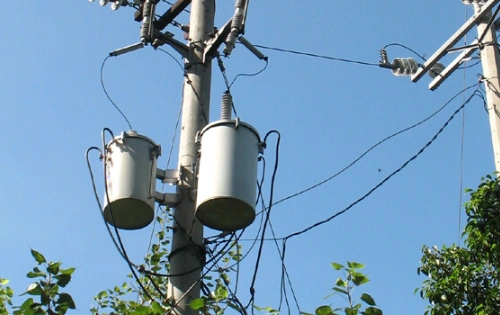
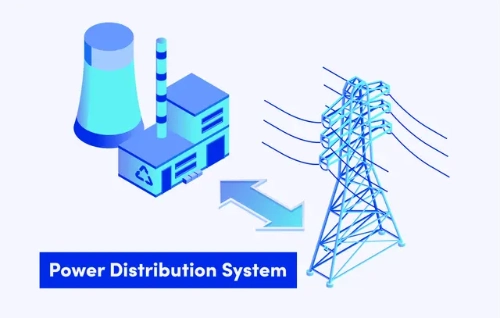
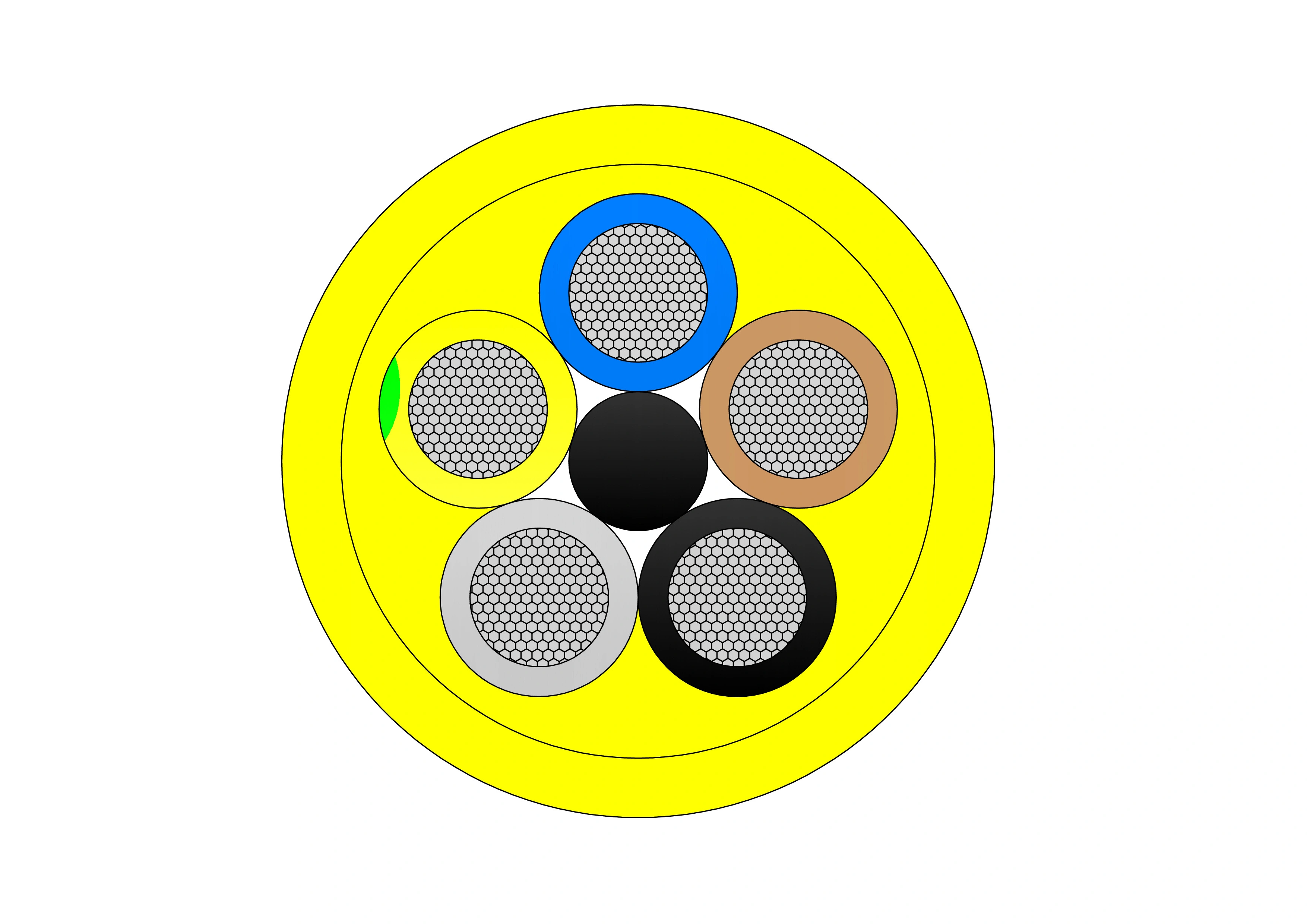
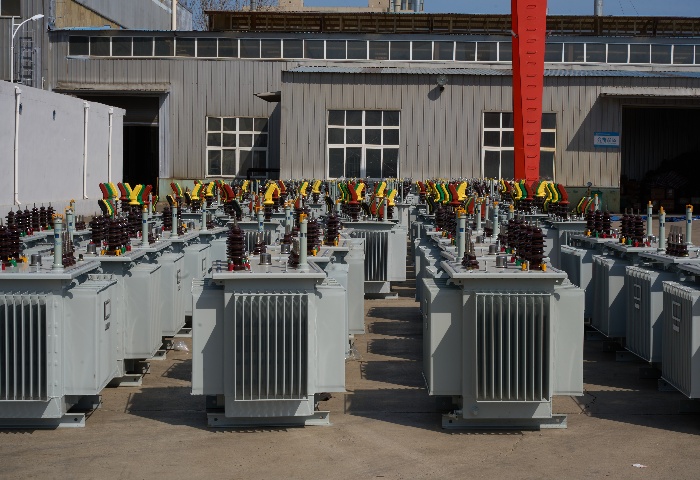
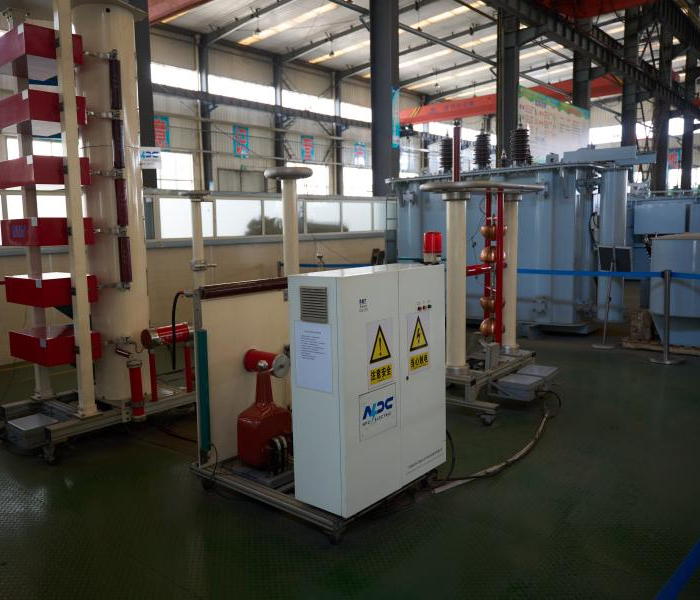
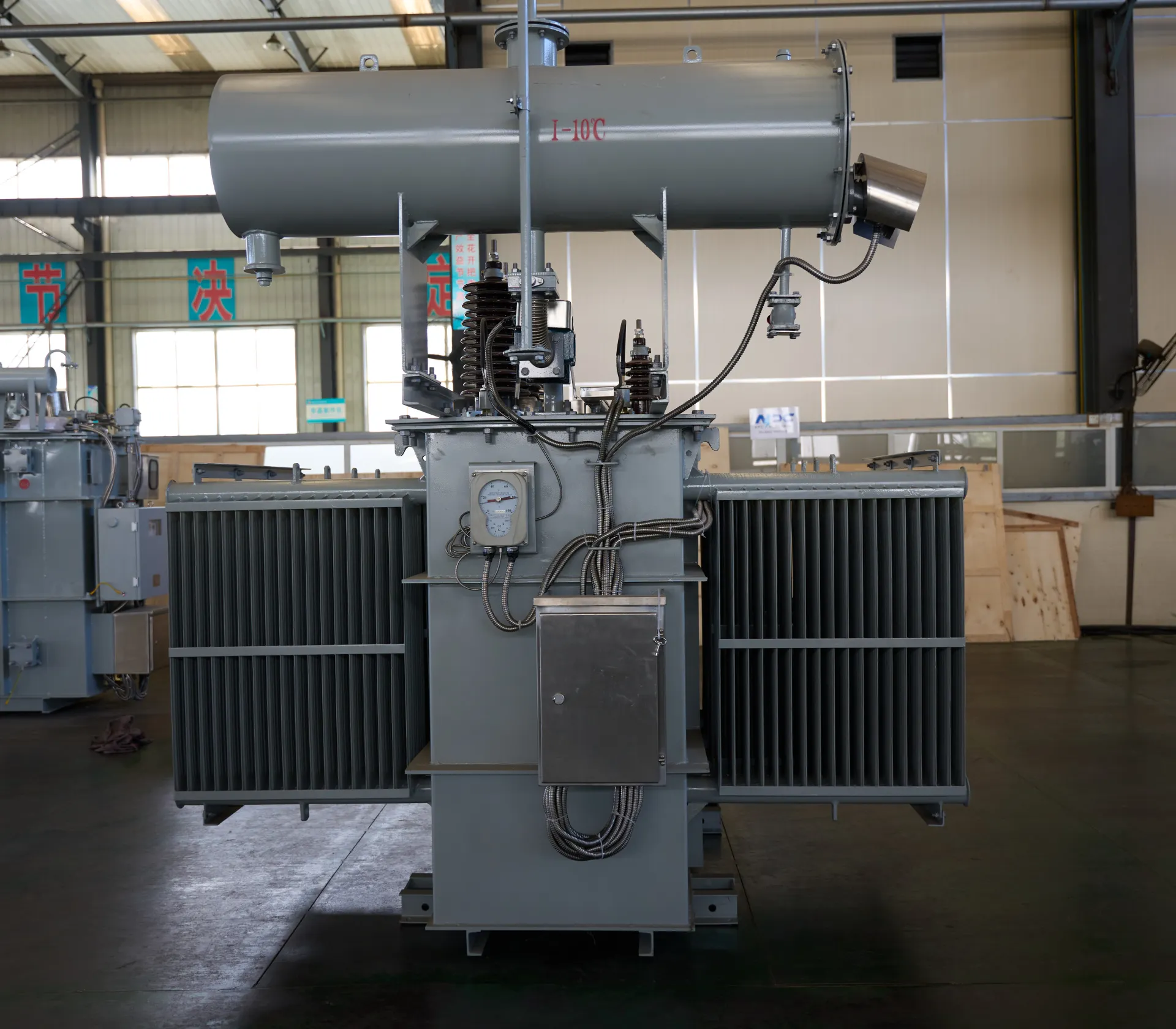
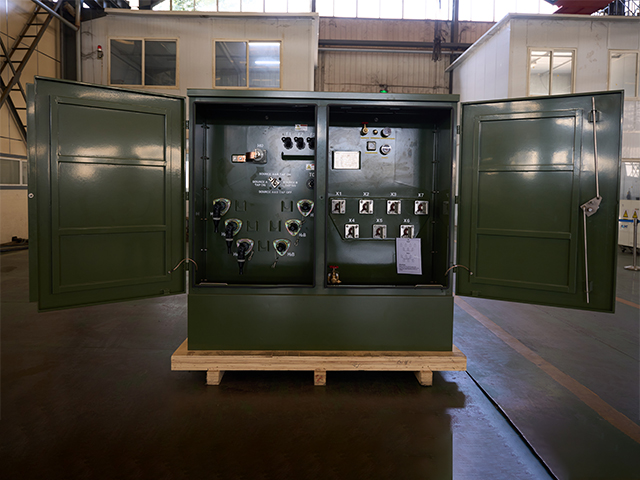
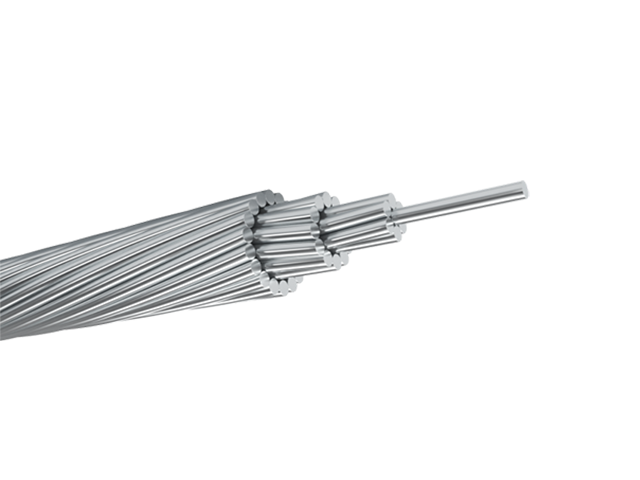
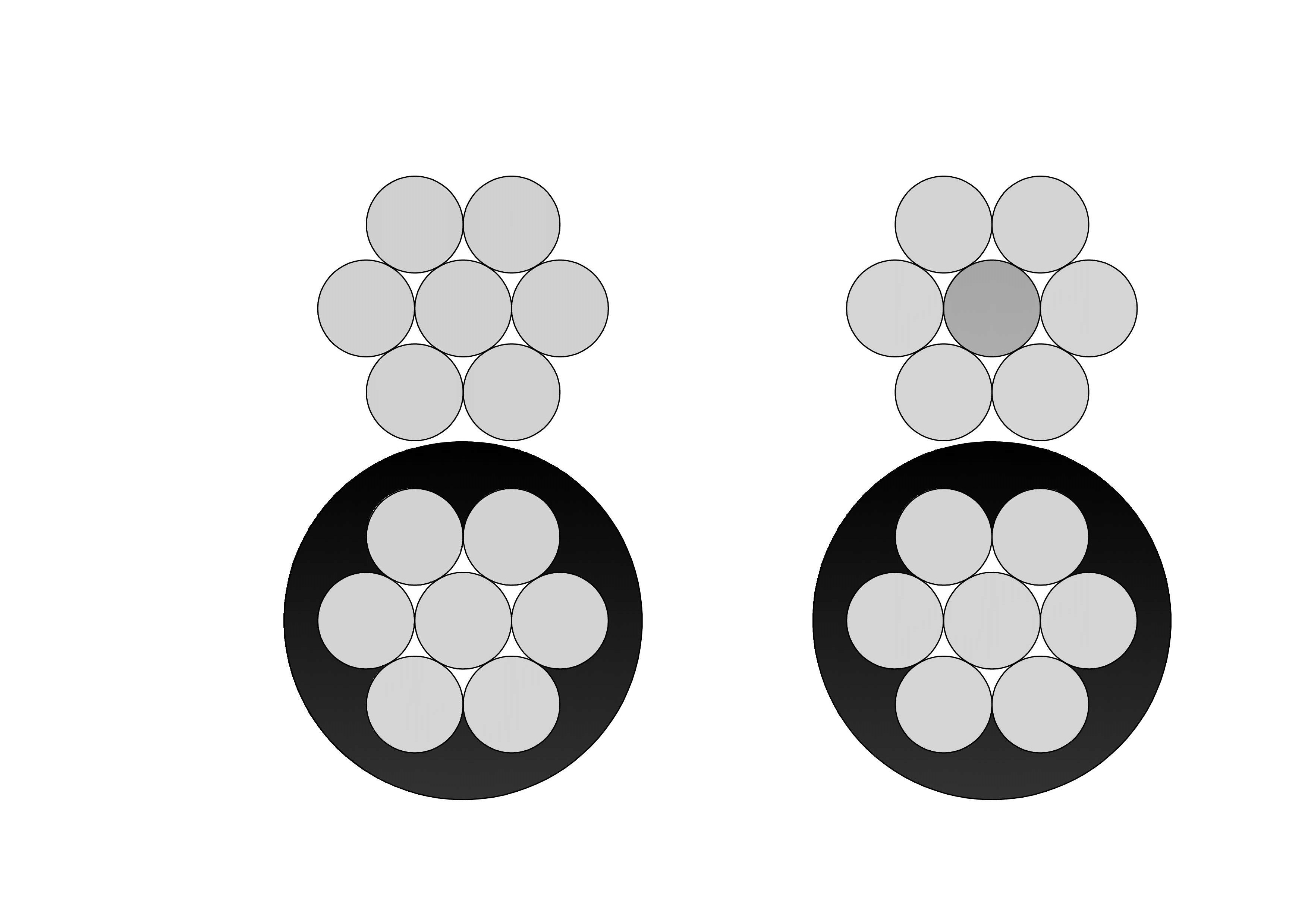
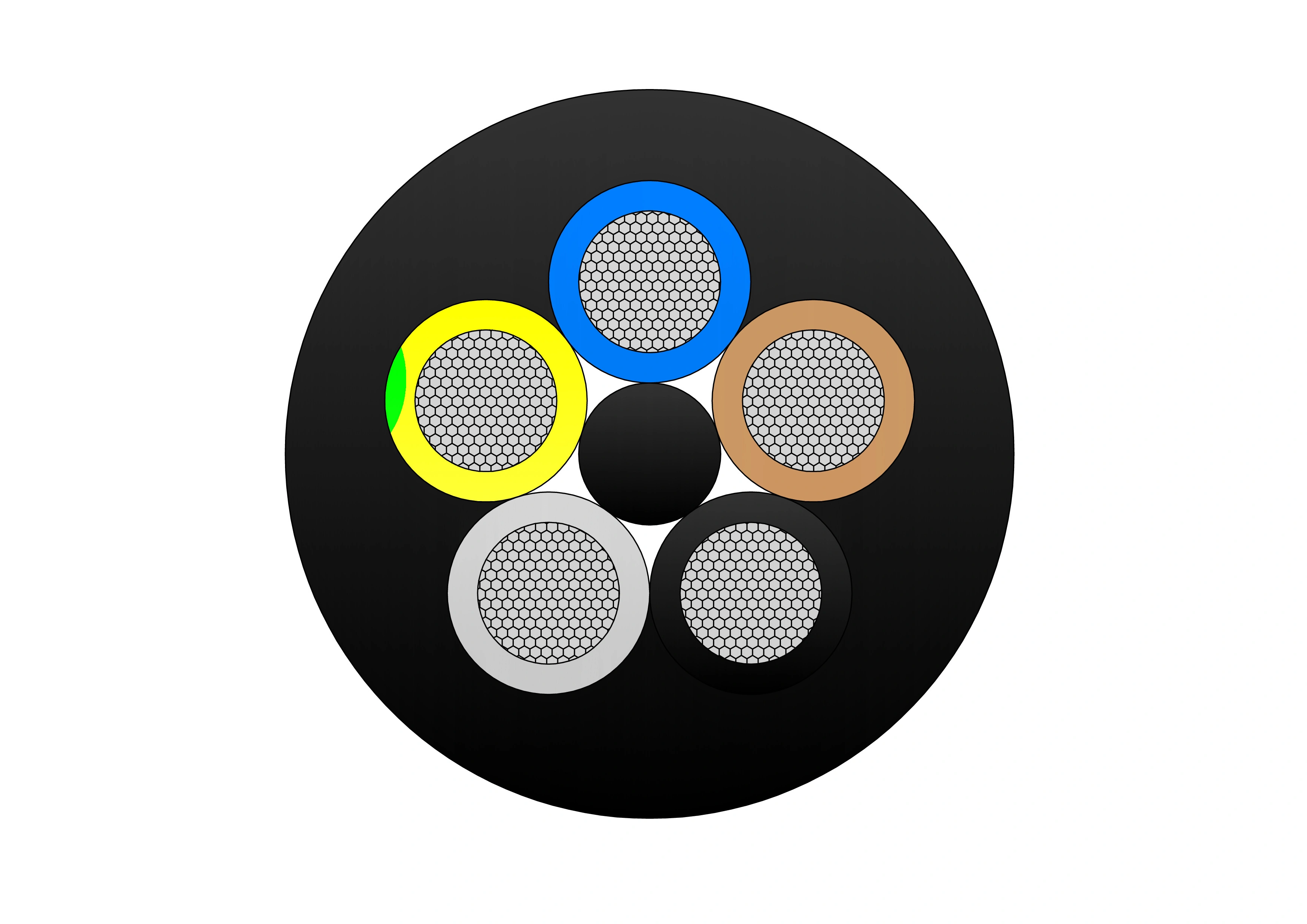
2Y-high-voltage-power-cable-2.webp)
-AL-medium-voltage-power-cable-2.jpg)
H-medium-voltage-power-cable-2.jpg)